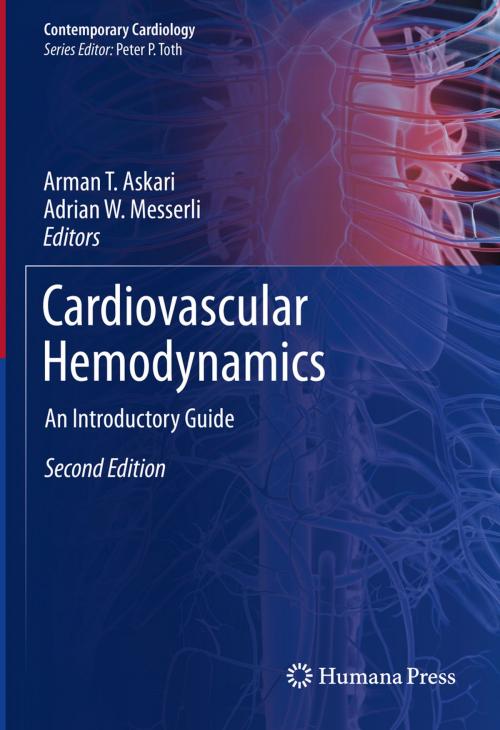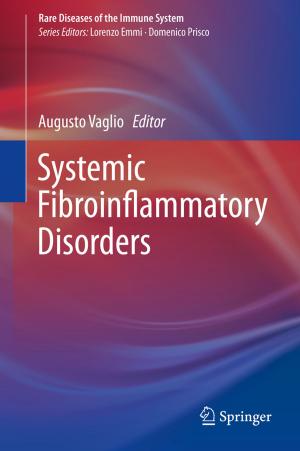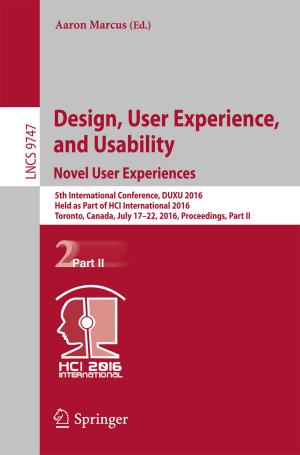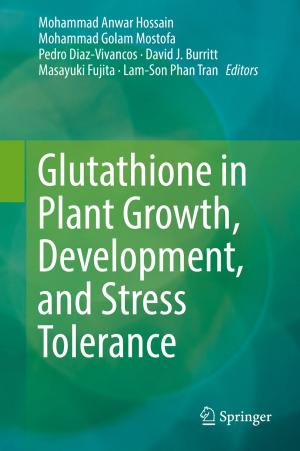Cardiovascular Hemodynamics
An Introductory Guide
Nonfiction, Health & Well Being, Medical, Specialties, Emergency Medicine, Internal Medicine, Cardiology| Author: | ISBN: | 9783030191313 | |
| Publisher: | Springer International Publishing | Publication: | July 12, 2019 |
| Imprint: | Humana | Language: | English |
| Author: | |
| ISBN: | 9783030191313 |
| Publisher: | Springer International Publishing |
| Publication: | July 12, 2019 |
| Imprint: | Humana |
| Language: | English |
The second edition of this key resource provides a broad and fundamental overview of basic cardiovascular (CV) hemodynamic principles with a focus on clinical assessment of CV physiology. Extensively updated, the book includes new coverage on noninvasive hemodynamic assessment and the effects of selected interventions on CV hemodynamics. It provides an introduction to the basic concepts such as preload, afterload, myocardial contractility, and cardiac output. Subsequent chapters examine the effects of interventions such as vasodilators, beta blockers, pressor agents, inotropes, and different forms of invasive circulatory support. The book also focuses on various methods of hemodynamic evaluation including echocardiography, CT/MRI, noninvasive hemodynamic assessment, and cardiac catheterization. The book concludes with a discussion of proper diagnosis, evaluation, and management of patients using hemodynamic data on a variety of specific disease states.
An invaluable contribution to the Contemporary Cardiology Series*,* the Second Edition of Cardiovascular Hemodynamics: An Introductory Guide is an essential resource for physicians, residents, fellows, medical students, and researchers in cardiology, emergency medicine, critical care, and internal medicine.
The second edition of this key resource provides a broad and fundamental overview of basic cardiovascular (CV) hemodynamic principles with a focus on clinical assessment of CV physiology. Extensively updated, the book includes new coverage on noninvasive hemodynamic assessment and the effects of selected interventions on CV hemodynamics. It provides an introduction to the basic concepts such as preload, afterload, myocardial contractility, and cardiac output. Subsequent chapters examine the effects of interventions such as vasodilators, beta blockers, pressor agents, inotropes, and different forms of invasive circulatory support. The book also focuses on various methods of hemodynamic evaluation including echocardiography, CT/MRI, noninvasive hemodynamic assessment, and cardiac catheterization. The book concludes with a discussion of proper diagnosis, evaluation, and management of patients using hemodynamic data on a variety of specific disease states.
An invaluable contribution to the Contemporary Cardiology Series*,* the Second Edition of Cardiovascular Hemodynamics: An Introductory Guide is an essential resource for physicians, residents, fellows, medical students, and researchers in cardiology, emergency medicine, critical care, and internal medicine.















